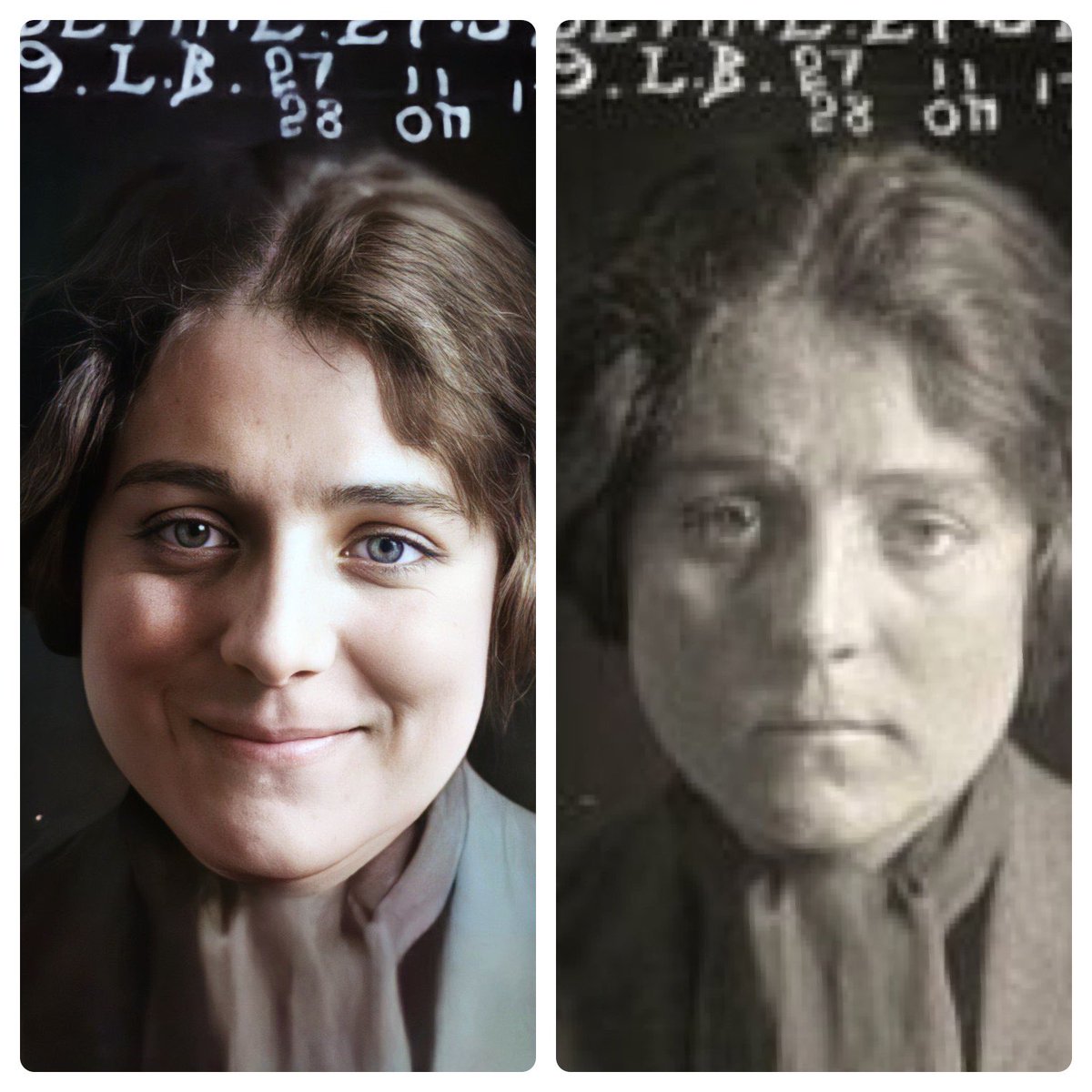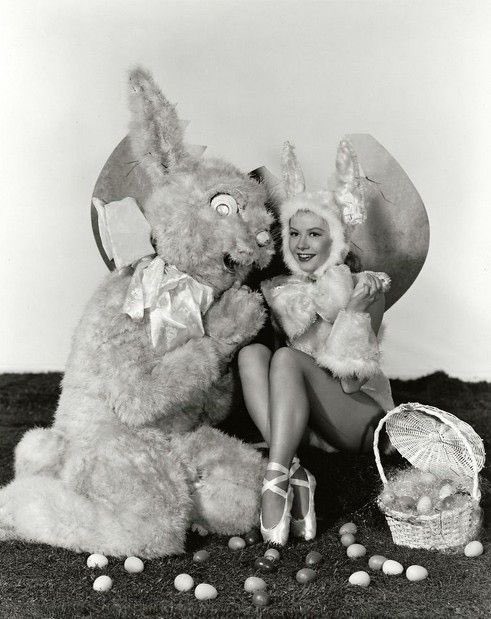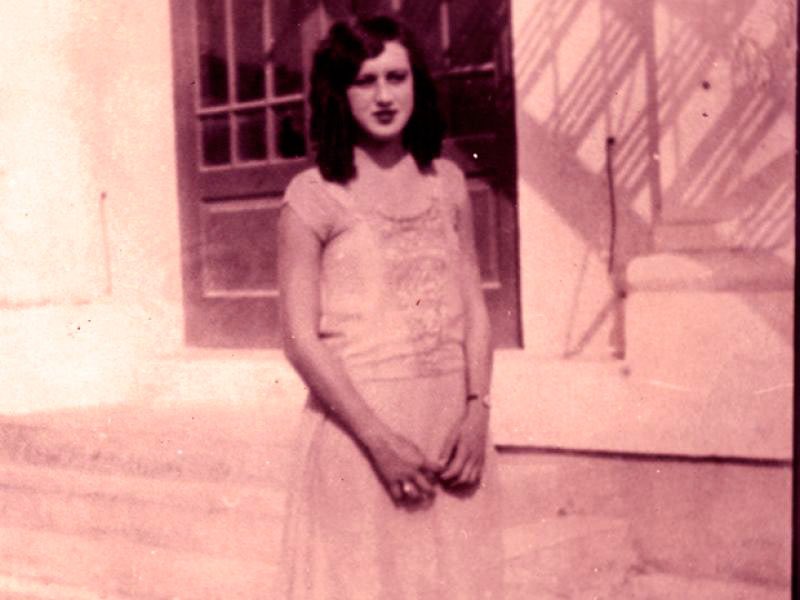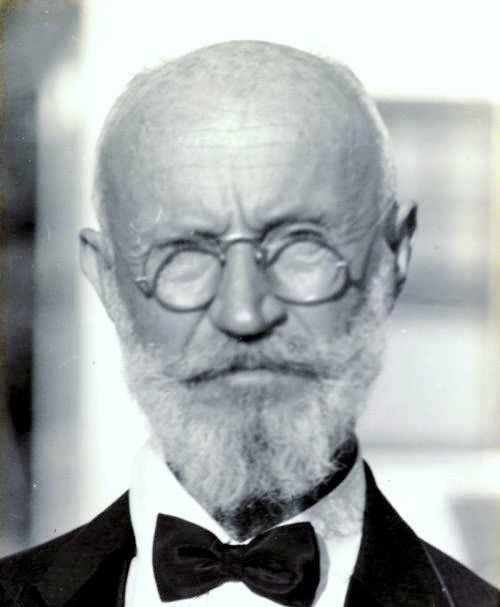
1/5 In light of yesterday’s discussion around the ethics of editing old photographs (mugshots in particular), I’ve been thinking a lot about the rights & wrongs of using vintage mugshots for my word of the day & would like your thoughts on this. Here are mine. 







2/5 I secured permission from the Tyne & Wear archive to use their images like this, years ago. I cite the copyright on every image so it ppl can look the original up. I link to the archive on my website. I don’t make any money from my use of these images.
3/5 I’m not presenting them as any kind of historical truth or trying to say anything about the person in them. I always felt ok to use the images because I had permission. It it legal for me to do so. BUT maybe it’s not ok to use these images like this.
4/5 These are prison mugshots after all. The ppl in them are real & they would have been having a really shitty day when they were taken. Its always a good thing to take stock, review what you’re doing & change it if needed. So, what do you guys think?
5/5 Should I just stop using the Tyne and Wear archived images in WoD? Is it ok because I have permission & they are clearly for fun - or Is it just wrong to use criminal mugshots like this? Comments below
Should I keep using the prison mugshots in the Word of the Day?
To be clear - no one has suggested I stop using them. No one is trying to ‘cancel’ them, or has said they are offended. I’m just having a think about it and wanted to know what you all think too. X
• • •
Missing some Tweet in this thread? You can try to
force a refresh















